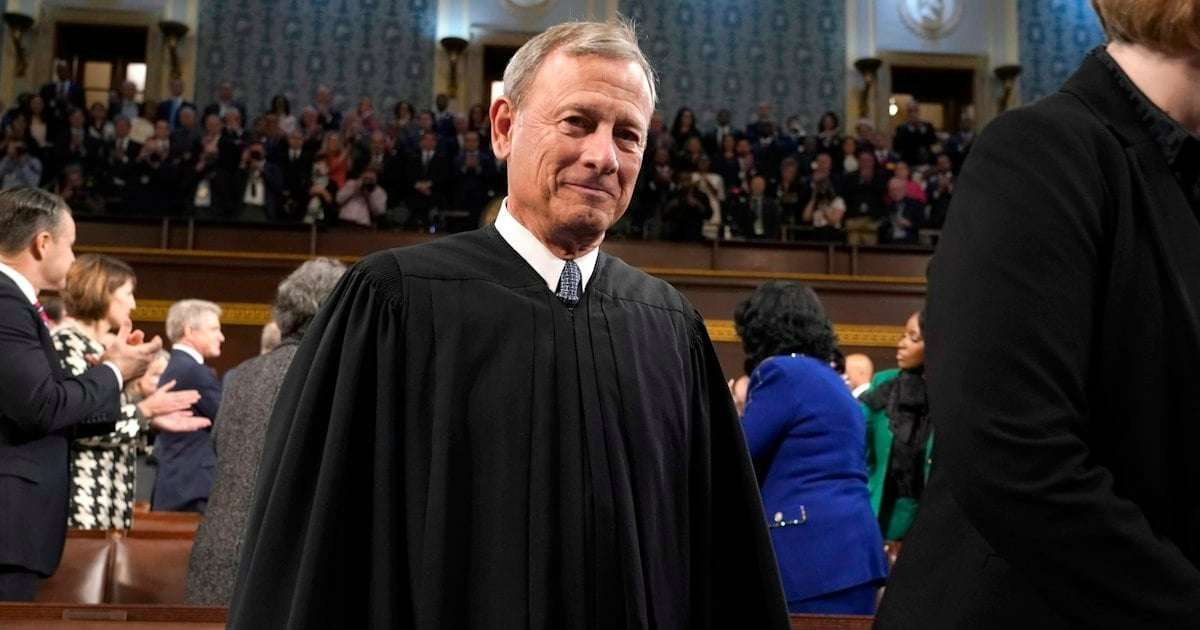I don’t cover the Supreme Court very often, so I don’t know how often to expect to hear the word “ambiguity” spoken in the course of oral argument. But 50 times, which is how often it was uttered in Wednesday’s Loper Bright Enterprises argument, seems like an awful lot. There was even some ambiguity expressed about what “ambiguity” means—an observation Empson would appreciate (“I shall often use the ambiguity of ‘ambiguity’”). Kavanaugh and Alito both asked Solicitor General Elizabeth Prelogar to furnish “a concise definition” of the word “ambiguity,” after which they expressed dissatisfaction with the answer she provided. Gorsuch referred disapprovingly to an “ambiguity bucket.” Jackson observed that “some scholars” (she didn’t mean Empson) “have actually identified different kinds of ambiguity.” Sotomayor noted “disagreement” among her colleagues “around the word ‘ambiguity.’”
There was also much discussion about whether statutory ambiguity is more likely to prompt questions about policy or about law.
The justices who favor maintaining Chevron deference were on Team Policy, which would leave statutory interpretation to technical experts at regulatory agencies. Kagan performed especially well on this point, peppering the plaintiff’s counsel, Roman Martinez, with questions like, “Is a new product designed to promote healthy cholesterol levels a dietary supplement or a drug?” and “Does the term ‘power production capacity’ refer to AC power that is sent out to the electric grid or DC power that’s produced by a solar panel?” These were, Kagan noted, questions that came up in real Chevron cases. Of course, Martinez could only stammer. He strained to argue that these were matters of law, but his own legal expertise, quite obviously considerable, failed him in furnishing any kind of answer.
